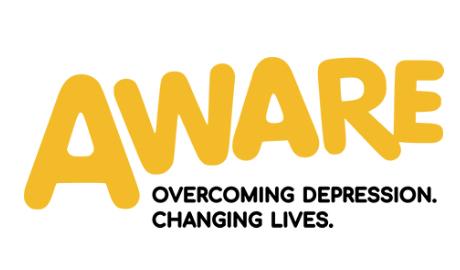Starting Conversations That Could Save a Life
Mental HealthReaching out to someone you're worried about can feel daunting - especially if you think they may be struggling with their mental health or experiencing thoughts of suicide. You might worry about saying the wrong thing, making things worse, or not knowing what to do next.
Following on from World Suicide Prevention Day, we want to help you feel more confident about starting these conversations and supporting the people you care about.
Why Reaching Out Matters
When someone is struggling, it can be incredibly difficult for them to ask for help. There is a lot of shame and stigma attached to mental health, which is why reaching out and checking in can make a massive impact.
A listening ear, a caring presence, and a gentle question can help someone feel seen, understood and less alone. Research shows that asking about suicide does not put the idea in someone's head. In fact, it opens the door to honesty, safety, and support.
How to Approach the Conversation
1. Choose the Right Time and Place
- Find a quiet, private space where you both feel comfortable.
- Make sure there's enough time for an open and unrushed chat, you want to be able to give the person your full attention.
- Respect their privacy and confidentiality but make them aware that if they disclose anything that may suggest they are in danger or someone else is, you will have to share with someone.
2. Be Honest About Your Concerns
You don't need the perfect words - share what you've noticed and why you're worried.
- "I've noticed you've seemed really down lately, and I'm worried about you. Are you thinking about suicide?"
- "You've been going through a lot - I just want to check in. Have you had thoughts about ending your life?"
- "It sounds like you're in a lot of pain right now. How have you been feeling?"
Being open and direct can make it easier for them to talk, as it creates space for them to share without having to bring it up themselves.
If you're concerned someone may be thinking about suicide, ask them directly and gently:
"Are you thinking about suicide?"
It can feel scary, but being open and direct shows you care. You're giving them space to speak honestly, and that can be life-changing.
3. Listen Without Judgement
Remember, you are listening non-judgmentally and empathetically. Listen to hear, don't listen to respond.
When someone is struggling, they often aren't seeking advice - they just need to feel heard. Offering your time, your presence, and a listening ear can be incredibly powerful.
- Give them your full attention
- Avoid interrupting or trying to "fix" things straight away
- Use simple, compassionate responses like:
- "I'm here to listen."
- "Thank you for telling me."
- "You're not alone."
4. Offer Reassurance and Support
Let them know they are not alone and that help is available. You can:
- Encourage them to talk to their GP or a trusted professional
- Offer to stay with them while they make a call
- Remind them that support services are there for them
You're Not Alone - Help Is Out There
If you or someone you know is in distress, support is available right now:
- Samaritans: Call 116 123 (24/7, free, confidential)
- Lifeline: Call 0808 808 8000 (24/7 crisis helpline in Northern Ireland)
- Find out more about our free-to-attend mental health support groups by clicking HERE.
Together, We Can Make a Difference
Let's commit to starting conversations that matter. By reaching out, listening, and showing compassion, you could make a life-saving difference for someone you care about.







































































































































